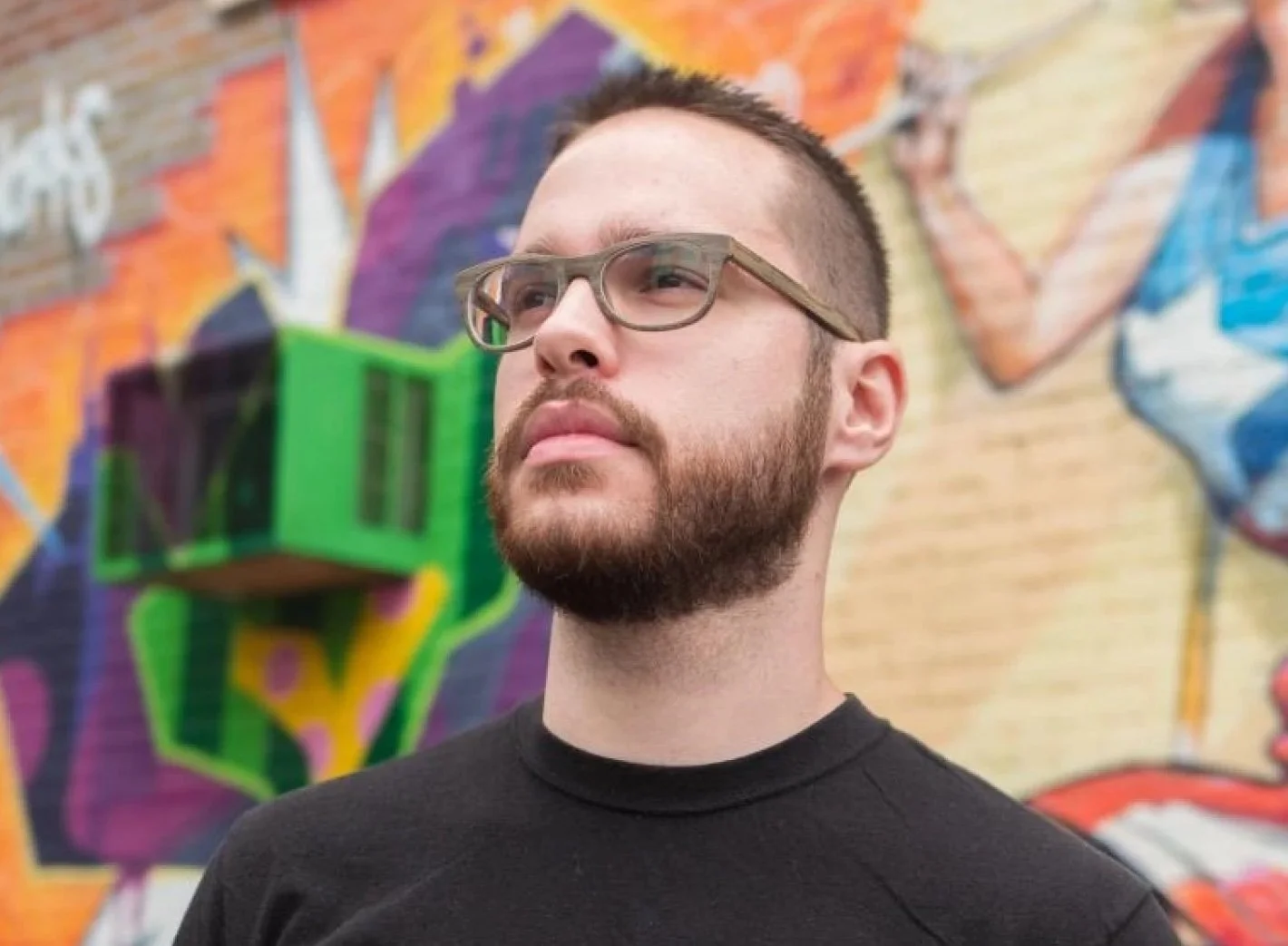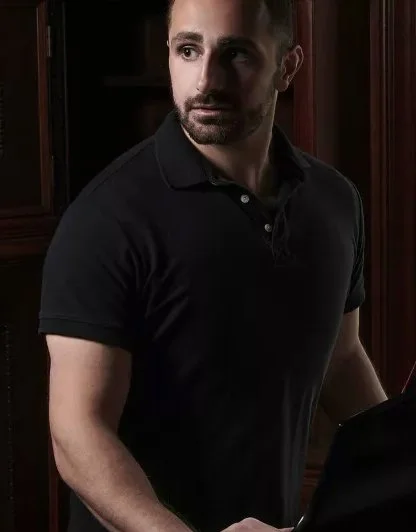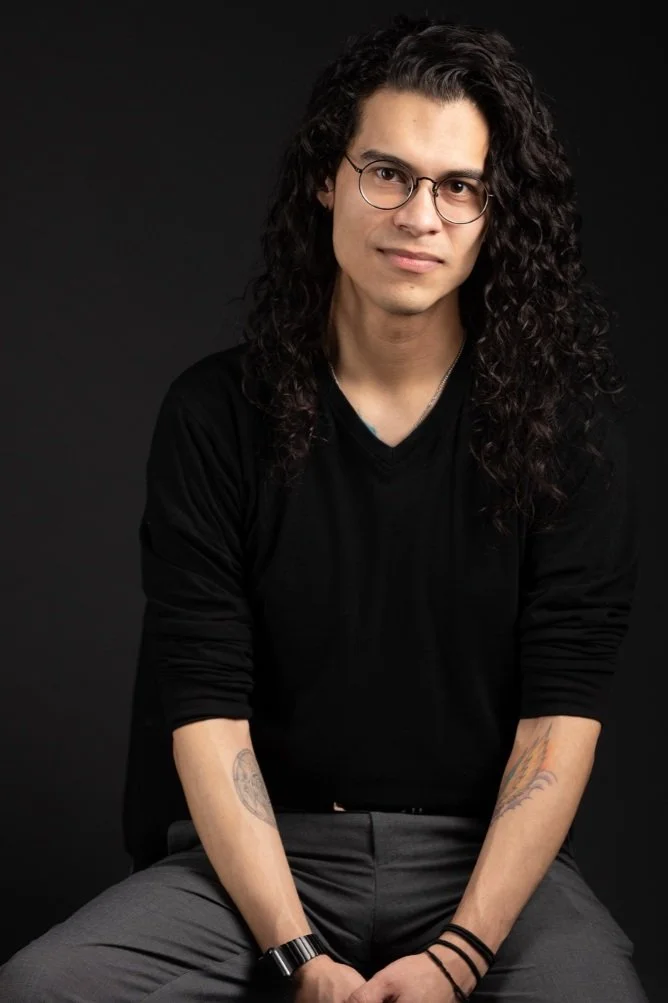
El Puerto Rico
About This Project
El Puerto Rico, the Rich Port, is inspired by the rich history and culture of the island of Puerto Rico. In the 15th century, it was a key part of New Spain, and following the Spanish-American war of 1898, a possession of the United States. Since the Jones Act of 1917, the island’s citizens have been US citizens and the island is a US territory.
This unique past means that music from Puerto Rico represents some of the longest, if not the longest continuous tradition in the United States. Along with distant roots of the indigenous Taíno, the Afro-Caribbean-inflected music continues to be an important voice in the musical fabric of the United States.
This concert is part of an ongoing exploration of this incredible musical heritage by the Victory Players. We have been dazzled by all that our friends and family from Puerto Rico have shared with us over these past four years. This summer, the grand adventure will come to a culmination with the music of ten of the most exciting new voices in Puerto Rican music written for us and premiered right here in Holyoke, MA. We will share the stage with beloved local group Bomba de Aqui and look forward to sharing our music with the entire community.
This program is borne out of these fascinating dynamics. Ruminate with our composers about their roots and their identities, immerse yourselves in these deep wellsprings of emotion and feeling, explore the unique landscape through music, and let the fervor of dance sweep you away in protest and joyous celebration.
I hope you will enjoy this carefully prepared musical feast!
Repertoire
-
Commissioned in 2018 and premiered in 2019, “What My Mother Wrote” was an instant hit with our audiences, and particularly powerful in reaching young people in our education concerts. The intimate look at the love between a mother and son, and the miracle that is life touched the imagination and hearts of numerous people. We had young people coming up to us to express that as Puerto Rican in Holyoke, that they had never ever imagined the possibility of being a professional musician, and these performances showed them possibilities that had been beyond their experience.
-
Ni fu, ni fa (an expression roughly translating to neither here nor there) is a three movement piece inspired by three terms used by Giannina Braschi in her book United States of Banana to describe the three status options in Puerto Rico. These terms are Washy (representing statehood), Wishy-washy (representing the current status of "freely associated state" or colony), and Wishy (representing independence. Each of these terms is represented by a movement in the piece in which I respond to how I perceive each option. The first movement, Washy, blends static textures with violent outbursts and ironic moments drawing from colonial fife and drum music. The second movement, Wishy-washy, is very measured and regal in nature and there is a quasi concertante nature in the piano which acts in dialogue with the rest of the ensemble. In this movement there is always an underlying feeling that something isn't quite right, and elements from the outer movements try to infiltrate the pretend stability of the movement. The third movement, Wishy, is based on flourishing outbursts from the ensemble, that still seem to struggle to maintain their own identity and form, after this, a song-like section with percussion and piano backdrop takes over, after this a final rhythmic push takes over the whole ensemble which culminates in joyful and accomplished cascading gestures.
-
The title of this work is taken from a famous utterance of the 19th century independence leader, Dr. Ramón Emeterio Betánces about the Spanish government’s unwillingness to reform or sever their relationship with their colonies in the Caribbean. Betánces was part of a group of revolutionaries who organized el grito de Lares (the Lares uprising), a failed uprising of Puerto Rican patriots seeking independence from Spain that took place on September 23, 1868.
The piece takes its material from the traditional plena, “Que bonita bandera” (What a Beautiful Flag!), which has become a nationalist anthem for many Puerto Ricans. Nadie puede dar...begins with inexorable harmonic and rhythmic dissonance belying the anger of the uprising’s organizers. Eventually, a lone, long melody in the cello is heard over the continued angry gestures and a new flurry of activity from the percussion. As the percussion becomes more frantic, the other instruments join the cello in singing its revolutionary song. After a virtuoso percussion cadenza, the instruments rejoin the proceedings in a more organized manner, culminating in a unison statement of “Que bonita bandera” by all involved. Unification does not last long, however, as the ensemble, like the revolutionaries of 1868, become disorganized, lose track of each other, chaos reigns, and the music evaporates like men fleeing into a countryside.
-
While uncompromising in its musical sophistication, Inert Transmutation explores the ways in which a person is transformed by their departure from their home to a new culture. Artful transformations of the wistful popular song Lamento Borincano and richly infused with Bomba rhythms, the piece explores these complex issues through beautiful musical metaphor.
-
How do we reckon with the forces of nature? How do we cope with the loss of loved ones? Guabancex would command the winds and waters, as the Tainos believed, to bring destruction and death in an unforgiving storm. In the first movement, I explore the idea of finding comfort in a higher power, whether accepting that the goddess who commanded hurricanes is in control or looking to the Christian bible that describes the course of our earthly existence.
I. “pues polvo eres… ”
II. ”…pasan …días”
III. “… hace mover el viento y el agua”
IV. “Variaciones del Mar”
V. “…y al polvo volverás.”
When my father suffered a major stroke in 2016, I found myself drawn to a sonnet by Nicolas Guillen, describing the passing of time and life. Every day, I would listen to Pablo Milanes' musicalized version of this sonnet, which inspired the second movement. As the winds of hurricane Maria struck Puerto Rico in 2017, my father lay unconscious as the storm crossed the island. I thought about the confluence of the storm that Guabancex commanded, bringing wind while my dad would soon no longer take a breath, bringing water that his body could no longer process, a sign of the approaching end. The closing movement, Variations of the Sea, a title taken from a book by Francisco Matos Paoli, reflects on the life that continues without us, always there, as we will eventually return to dust. This piece is written in memory of my father, Mario Carrillo Santiago.
-
In Belén, Navarro draws on the rich musical heritage of Afro-Puerto Rican music to honor the legacy and heritage of her ancestors. The sonorities and resources of the bomba are interwoven with African melodies and the sounds of sacred chant to produce complex tapestry of dance and meditation.
-
by Tony Solitro
Inspired by the liberation poetry of Puerto Rican poet, Julia de Burgos, Canciones Exaltada begins with jubilant anticipation before moving to music with beautiful and peaceful lyricism.
-
by Liliya Ugay
Island of Enchantment was commissioned by the wonderful Victory Players; the commission was to write a piece themed to Puerto Rico, to be performed at the Massachusetts Festival of the Arts. As a person, who has read a lot about but never been to Puerto Rico, I dreamed of visiting it; however, my plans were ruined with the starting pandemic. So, I changed my approach towards this piece - instead of the piece about my impression of Puerto Rico, it became a piece of the dream place - the sounds of an imaginative island, paired with the "desire to reach the unreachable" feeling. The first movement resembles various sounds of the port and feeling of anticipated departure - departure towards the dream of the unknown and undiscovered. The second movement resembles the fragile stillness of the night, stillness of the water - stillness of the thing, which, like a beast, can wake up at any moment with its huge energy. There is a tune that sounds from afar (the distance of space or memory). That tune develops in the old-style contrapuntal manner throughout the dance-like third movement, for which I used two Puerto-rican rhythms. It finally reaches the port, collapsing like a series of waves on the sharp edges of the shore.
-
Inspired by the international response to the death of George Floyd in 2020, the piece combines instruments, dance and musical elements of the Puerto Rican Bomba with the metaphor of the lost breath that was denied Mr. Floyd. With deep roots in the African heritage of the city of Loíza, the work represents a hopeful homage to all that protested against injustice.
-
by Omar Surillo
This work attempts to put into music some of the memories the composer experienced as a kid living in Puerto Rico. There is a certain type of vibrancy in Puerto Rico, most of which comes from the tropical flora found throughout the island. Overall, this work embodies a sense of vibrancy, free spirit, and fun!
-
by Omar Surillo
Isla Verde is a neighborhood in A piece that’s a bit more serious which carries more weight and harmonic density. Definitely a darker narrative with the same type of rhythmic manipulations from Pitorro.
-

Nadie Puede Dar Lo Que No Lo Tiene
Armando Bayolo
The title for Armando Bayolo's contribution to El Puerto Rico comes from Ramón Emeterio Betances, the leader of a failed uprising against Spanish rule in 1868.
-

Pitorro
Omar Surillo
Both of Omar Surillo's contributions to El Puerto Rico are heavily inspired by his childhood memories of the island. While Isla Verde has more of a bittersweet feel, Pitorro is a vibrant, free-spirited romp
-

Island of Enchantment
Liliya Ugay
The rich sounds and imagery that Puerto Rico brings to mind feature heavily in Liliya Ugay's imaginative portrait of a place she has never visited.
-

Ni Fú, Ni Fa: Los Cuentos de Siempre
Gabriel Bouche Caro
Gabriel Bouche Caro contemplates the implications of Puerto Rico's "neither here nor there" political status, and what options its people have for the future.
-

Canción Exaltada
Description goes hereTony Solitro
The poetry of Julia de Burgos inspired Tony Solitro's joyous song without words.
-

Transmutación Inerte
Iván Enrique Rodríguez
When Iván Enrique Rodríguez moved from Puerto Rico to the mainland US, he realized that his sense of "Puerto Rican-ness" slowly shifted.
-

Prints of Lost Breath
José J. Peña-Aguayo
Inspired by a "Bomba protest" of George Floyd's murder, J.J. Peña-Aguayo explores the connections between music and social justice.
-

Isla Verde
Omar Surillo
Omar Surillo combines memories of his childhood in Puerto Rico with the musical influence of Olivier Messiaen.
-
Belén: Un Canto Sagrado a Mis Ancestros
Johanny Navarro
Johanny Navarro translates the traditional Afro-Caribbean rhythms of Puerto Rico into a new musical context, honoring the past without being bound by it.
-

What My Mother Wrote
Christian Quiñones
Christian Quiñones asked his mother to write something that he could use as an inspiration. What she gave him was an insight into the mind of a new mother.








